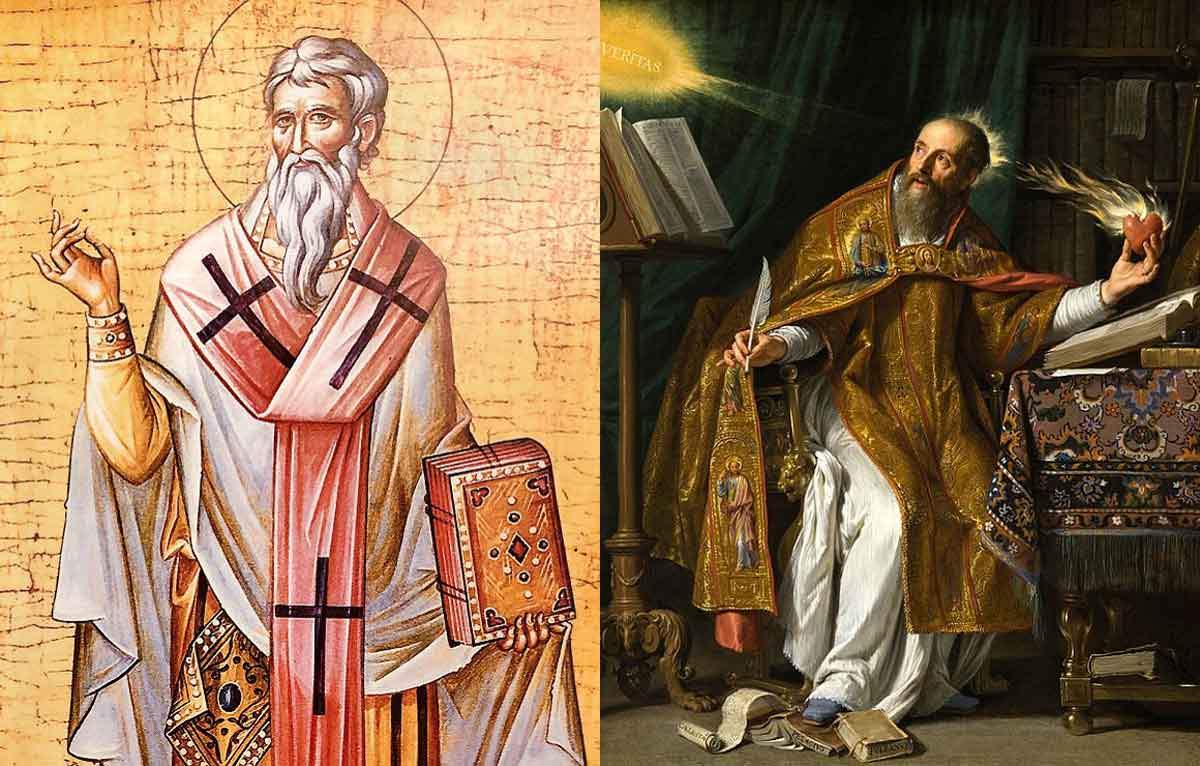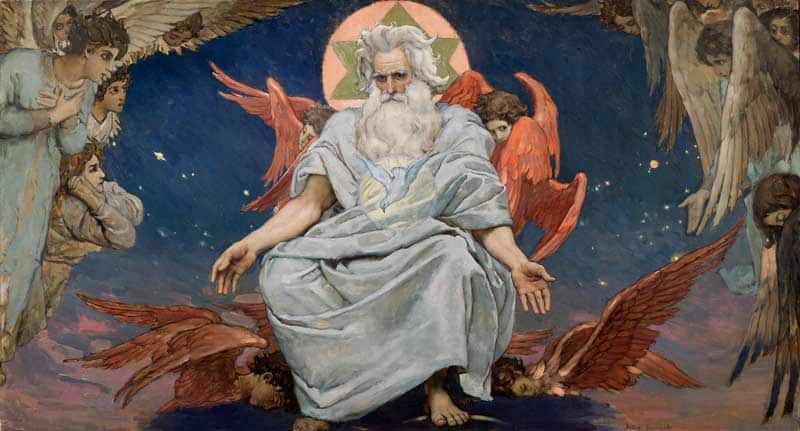The Book of Enoch is an ancient religious text that has fascinated and captivated readers for centuries. Believed to have been written by Enoch, the great-grandfather of Noah, this book is not included in the Hebrew Bible or the Christian Old Testament. Yet, it holds a significant place in the canon of the Ethiopian Orthodox Church and some other Christian denominations. With its themes of fallen angels, giants, and apocalyptic visions, the Book of Enoch offers a unique perspective on the origins of humanity and the destiny of humankind. In this article, we will dive deep into the history of the Book of Enoch, exploring its composition, historical context, textual evolution, and impact on ancient and modern thought.
Seemore: Why Stay Away from the Book of Enoch
The Origins of the Book of Enoch: A Comprehensive Survey

The Book of Enoch is divided into five sections, each with its own distinct focus and style. These sections include:
- The Book of the Watchers (chapters 1-36)
- The Book of Parables (chapters 37-71)
- The Epistle of Enoch (chapters 72-108)
- The Book of the Giants (chapters 109-112)
- The Book of Dreams (chapters 113-115)
To understand the origins of the Book of Enoch, we must first look at its various components and how they came together to form this ancient text.
Unveiling the Time and Place of the Book of Enoch’s Composition
The Book of Enoch is believed to have been written during the Second Temple period, which lasted from the 6th century BC to the 1st century AD. This was a time of great political and cultural changes in the ancient Near East, and many religious texts were being written and compiled during this time. While the exact date of the Book of Enoch’s composition is uncertain, scholars generally place it in the 2nd or 1st century BC.
The book was originally written in Aramaic or Hebrew, but the only complete copies that have survived are in Ethiopic, a language derived from Ge’ez, the ancient language of Ethiopia. This raises questions about the transmission and translation of the text, which we will explore further below.
Exploring the Historical Context of the Book of Enoch

To understand the Book of Enoch, we must also understand the political and cultural climate in which it was written. During the Second Temple period, the Jewish people were largely under foreign rule, first under the Persians and then the Greeks. This led to increased contact and influence from other cultures, including Babylonian, Egyptian, and Hellenistic.
This cultural exchange can be seen in the Book of Enoch, with its mix of Jewish, Babylonian, and apocalyptic traditions. The book also contains elements of wisdom literature, reflecting the flourishing of this genre during the Second Temple period. This historical context helps us better understand the diverse influences on the Book of Enoch and its unique blend of themes and ideas.
Tracing the Evolution of the Book of Enoch: From Oral Tradition to Written Text

Like many ancient texts, the Book of Enoch likely had its origins in oral tradition before being written down. It is believed that the stories and visions contained in the book were passed down through generations before finally being compiled into a written text.
One theory is that the Book of Enoch was originally a collection of separate texts that were later brought together by an editor or redactor. This would explain the distinct sections and styles within the book. However, there is also evidence that the book may have been written as a cohesive whole, with the various sections building upon each other thematically.
Manuscript Discoveries and the Textual History of the Book of Enoch
The only complete versions of the Book of Enoch that have survived are in Ethiopic, and these manuscripts date from the 15th and 16th centuries. However, fragments of the book were found among the Dead Sea Scrolls, a collection of ancient Jewish texts discovered in caves near the Dead Sea in the mid-20th century.
These fragments, known as the Aramaic Book of Enoch, are believed to date back to the 3rd century BC, making them the oldest surviving copies of the book. This discovery challenged previous assumptions about the origins of the Book of Enoch and raised questions about the development and transmission of the text.
The Influence of the Book of Enoch on Ancient Jewish Thought and Literature
Despite not being included in the Hebrew Bible or the Christian Old Testament, the Book of Enoch had a significant impact on ancient Jewish thought and literature. Many concepts and themes found in the book can be seen in other Jewish texts, such as the Book of Jubilees and the Dead Sea Scrolls.
The depiction of fallen angels and giants in the Book of Enoch is particularly noteworthy, as it may have influenced ideas about the Nephilim in the Book of Genesis. The apocalyptic themes in the book also align with the beliefs of some ancient Jewish sects, such as the Essenes who wrote the Dead Sea Scrolls.
Interpreting the Symbolism and Allegories in the Book of Enoch
One of the most intriguing aspects of the Book of Enoch is its use of symbolism and allegory to convey its message. The Book of the Watchers, in particular, contains many vivid descriptions of the fallen angels and their interactions with humans. Some scholars interpret these stories as metaphors for political corruption, while others see them as a commentary on the dangers of intermarriage between different cultures.
The parables in the Book of Parables also contain rich symbolism, with many references to cosmic battles and the ultimate triumph of good over evil. Some scholars see these parables as a precursor to later Christian apocalyptic literature, while others view them as an expression of Jewish hopes for the restoration of Israel.
The Book of Enoch’s Impact on the Development of Christian and Gnostic Beliefs
The influence of the Book of Enoch extends beyond ancient Jewish thought and literature. It is believed that some early Christians, such as the author of the Book of Jude in the New Testament, were familiar with and drew upon the book. The Book of Enoch also had a significant impact on Gnosticism, a diverse set of religious beliefs and practices that emerged in the 1st and 2nd centuries AD.
Within Gnostic thought, the Book of Enoch was seen as a source of secret knowledge and was often interpreted allegorically. Some Gnostic sects even considered Enoch to be a divine figure, similar to Jesus or other important figures in their belief system.
Modern Perspectives on the Book of Enoch: Critical Approaches and New Insights
In more recent times, the Book of Enoch has been subject to critical analysis and scrutiny. Some scholars have questioned its authenticity and challenged traditional views about its composition and transmission. Others have examined the book through a literary lens, exploring its themes and structure in greater depth.
New insights into the Book of Enoch have also been gained through archaeological discoveries and advances in textual studies. For instance, the discovery of the Dead Sea Scrolls has shed new light on the ancient world and the development of religious texts during this time period. Additionally, technological advancements have allowed for more accurate translations of the Ethiopic manuscripts, providing a clearer understanding of the text.
The Enduring Legacy of the Book of Enoch: A Monument of Apocalyptic and Prophetic Literature
Despite controversies and debates surrounding its origins and authenticity, the Book of Enoch continues to hold a significant place in religious and literary discussions. Its themes of fallen angels, giants, and apocalyptic visions make it a captivating read for many. The book has also inspired numerous works of art, literature, and music, testifying to its enduring influence.
In conclusion, the Book of Enoch is a complex and multifaceted text that raises many questions and offers different perspectives. While its origins may never be fully known, its impact on ancient Jewish thought, Christian and Gnostic beliefs, and modern scholarship cannot be denied. Whether one views it as a literal account or a symbolic allegory, the Book of Enoch remains a fascinating and enduring monument of apocalyptic and prophetic literature.
